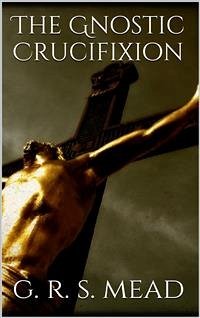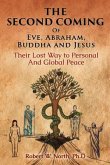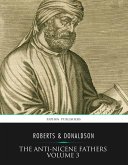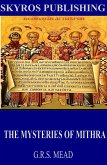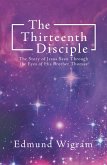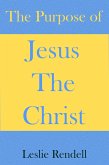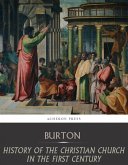7. “John, one there needs must be to hear those things, from Me; for I long for one who will hear.8. “This Cross of Light is called by Me for your sakes sometimes Word (Logos), sometimes Mind, sometimes Jesus, sometimes Christ, sometimes Door, sometimes Way, sometimes Bread, sometimes Seed, sometimes Resurrection, sometimes Son, sometimes Father, sometimes Spirit, sometimes Life, sometimes Truth, sometimes Faith, sometimes Grace.9. “Now those things [it is called] as towards men; but as to what it is in truth, itself in its own meaning to itself, and declared unto Us, [it is] the defining (or delimitation) of all things, both the firm necessity of things fixed from things unstable, and the ‘harmony’ of Wisdom.10. “And as it is Wisdom in ‘harmony,’ there are those on the Right and those on the Left—powers, authorities, principalities, and dæmons, energies, threats, powers of wrath, slanderings—and the Lower Root from which hath come forth the things in genesis.
Bitte wählen Sie Ihr Anliegen aus.
Rechnungen
Retourenschein anfordern
Bestellstatus
Storno

